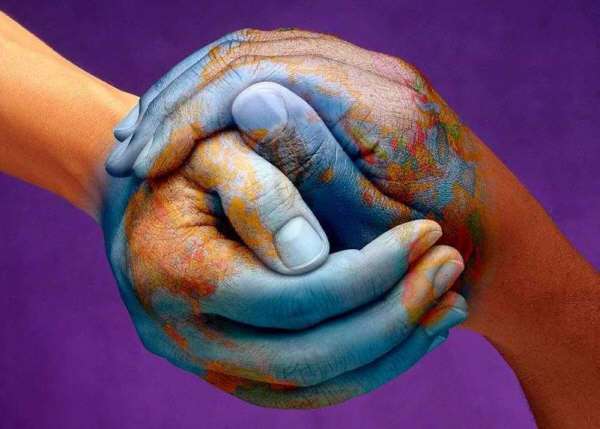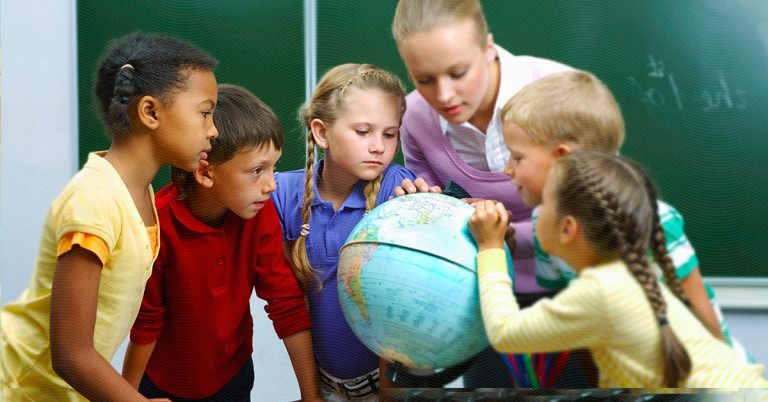The 21st century shows opportunities and challenges that demand a new approach to education. According to The Economist Intelligence Unit, the number of multinational companies increased from 3,000 in 1990 to 100,000 in 2015, with revenues of about US$ 58 trillion. This figure will tend to grow in the next years due to the fact that many developed countries companies have shown aimed at intensifying their activities in emerging markets by acquiring local companies.
To meet the demands of this new scenario, the educational system needs to be ready to prepare children and youth to live and work in a global society. The teaching approach must be transdisciplinary and include human rights education, peace education, and education for a sustainable development and international understanding. The empowering of global citizens must encompass learning about a globalized world through networks and global contexts. It is essential that the process develop from childhood by raising the kids’ awareness of their rights and responsibilities in the local, national, and global communities, aiming at the well-being of all.
Global citizens are individuals aware that they are part of a bigger world than the community in which they live. They respect values and diversity, understand how the world works, protest peacefully, take part in social and professional groups, and are committed to finding solutions to local and global problems. They want to make a difference in the world, aim at a better world , are committed to socioeconomic justice, and works collaboratively for a more equal and sustainable world. Global citizens are prepared to live and work anywhere in the world.
Global citizenship is associated with the skills it takes to observe oneself and the world, to make comparisons, and see relationships of power, understanding them systemically. The global citizen is balanced, creative, proactive, caring, risk-taker, principled, open-minded, inquirer, fluent in English, and a lifelong learner.
The education of global citizens must be focused on the learner and encourage dialogue, the development of resilience and competence for action, the establishment of connections with the real world, thinking and learning globally and acting locally. These actions include the preservation of the environment, collaboration for the solution of community problems, and the development of people’s awareness of democracy and responsible voting.
The global citizen may become a global leader, which is on demand worldwide. To collaborate with the development of professionals with this profile, Wharton Business School and Thunderbird School of Global Management have established a set of criteria, after interviewing hundreds of global executives.
The study classifies criteria under four leadership categories: thinking (judgment, strategic thinking, global perspective); result (the ability to carry out plans with a focus on the client); people (the ability to influence and motivate others, build relationships, and develop talents); and personal (adaptability and the ability to build trust). The process is based on the following dimensions: intellectual (cosmopolitan), psychological (curiosity to learn about different cultures), and social (intercultural empathy and diplomatic skills).
Let us prepare our children and youth to be global leaders. Thus, we can hope to build a dignified world.


